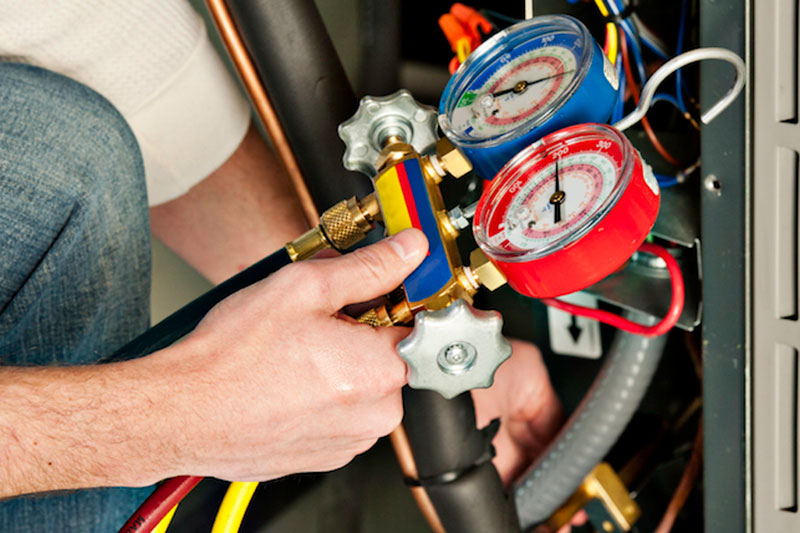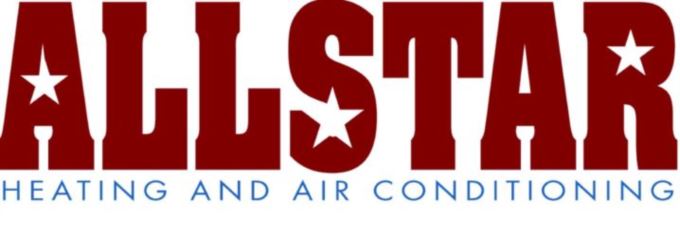
You might not think much about how your air conditioner operates, but it depends on refrigerant to keep your house cool. This refrigerant is subject to environmental regulation, as it contains chemicals.
Based on when your air conditioner was added to your home, it may use R-22, R-410A or R-32 refrigerant. We’ll review the differences and which air conditioner refrigerants are being phased out in Buellton, plus how these phaseouts affect you.
What’s R-22 and Why Is It Phased Out?
If your air conditioner was installed before 2010, it likely contains Freon®. You can find out if your air conditioner has it by reaching us at 805-242-9638. You can also examine the name plate on your air conditioner condenser, which is found outside your home. This sticker will include information on what model of refrigerant your AC has.
Freon, which is also referred to as R-22, has chlorine. Scientists consider this chemical to be bad for the earth’s ozone layer and one that results in global warming. The Environmental Protection Agency, which controls refrigerants in the United States, barred its manufacture and import in January 2020.
I Use an Air Conditioner with R-22. Do I Need to Get a New One?
It differs. If your air conditioning is running properly, you can continue to keep it. With yearly air conditioner maintenance, you can expect your AC to last around 15–20 years. However, the Department of Energy says that replacing a 10-year-old air conditioner could save you 20–40% on annual cooling expenses!
If you don’t install a new air conditioner, it may cause an issue if you require air conditioning repair down the road, specifically for refrigerant. Repairs can be more expensive, as only limited amounts of recycled and reclaimed R-22 is on hand.
With the phaseout of R-22, a lot of new air conditioners now rely on Puron®. Also referred to as R-410A, this refrigerant was made to keep the ozone layer in good shape. As it calls for a different pressure level, it isn’t compatible with air conditioners that rely on R-22 for cooling.
However, Puron still has the potential to create global warming. As a consequence, it might also ultimately be phased out. Although it hasn’t been communicated yet for residential air conditioners, it’s expected sometime this decade.
What Refrigerant Will Replace R-410A?
In preparation of the phaseout, some brands have begun using R-32 in new air conditioners. This refrigerant is classified low for global warming likelihood—about one-third less than R-410A. And it also lowers energy expenditure by around 10%, according to the Intergovernmental Panel on Climate Change’s Fourth Assessment Report. That’s savings that could be passed on to you through your cooling costs.
Allstar Heating & Air Conditioning Can Provide Support with All Your Air Conditioning Needs
In brief, the changes to air conditioner refrigerant probably won’t concern you greatly until you need repairs. But as we discussed previously, refrigerant-related repairs might be more expensive since there are the low amounts that are accessible.
In addition to that, your air conditioner often malfunctions at the worst time, typically on the muggiest day when we’re getting many other requests for AC repair.
If your air conditioner requires a phased out refrigerant or is getting old, we advise getting an up-to-date, energy-efficient air conditioner. This ensures a stress-free summer and may even reduce your electrical costs, especially if you select an ENERGY STAR®-rated air conditioner. Plus, Allstar Heating & Air Conditioning has many financing solutions to make your new air conditioner fit your budget. Contact us at 805-242-9638 to start now with a free estimate.
